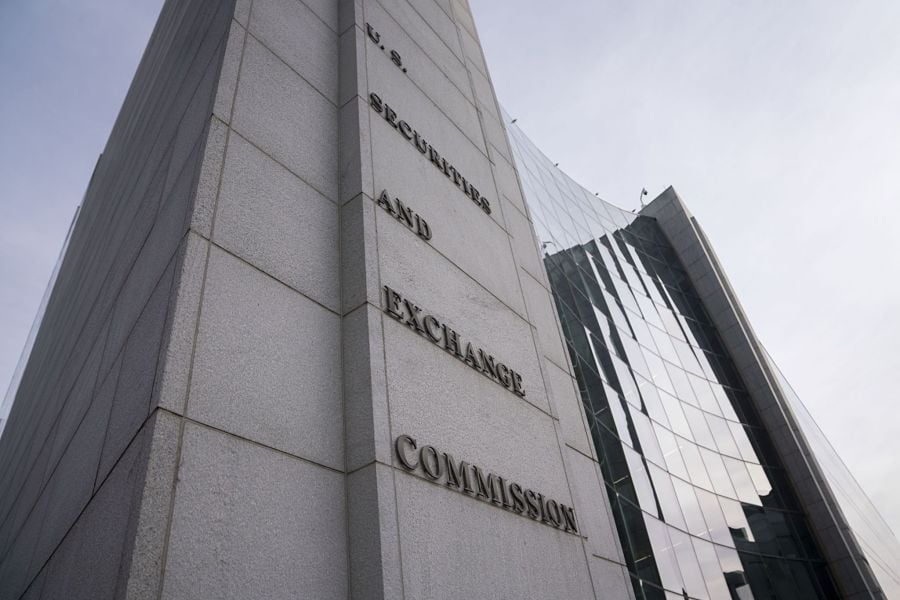

A series of high-stakes deadlines this week will mark the culmination of a years-long push to launch exchange-traded funds backed by bitcoin in the U.S.
Would-be bitcoin ETF issuers have been given until Monday morning in Washington to submit any last-minute revisions to their pending applications, Bloomberg News has reported. The Securities and Exchange Commission itself has until Wednesday to take action on at least one of those applications, and crypto insiders have speculated the regulator will use that date to announce a slew of decisions at once.
There are two technical requirements that must be fulfilled before a spot-backed bitcoin ETF can start trading. First, the SEC must sign off on so-called 19b-4 filings by the exchanges that would list the ETFs. Second, the regulator must approve the relevant S-1 forms, which are the registration applications from the would-be issuers — a list that includes BlackRock and Fidelity.
The SEC is planning to vote on the exchanges’ filings, the 19b-4s, in the coming days, Bloomberg News has reported. The regulator may or may not then take action on the issuers’ applications, the S-1s, around the same time. If the SEC grants both sets of required approvals, the ETFs could start trading as soon as the next business day.
An SEC representative declined to comment on the status of the applications.
Bitcoin’s boosters say ETFs backed by the largest crypto token would represent a watershed moment for digital assets. Billions of dollars are at stake, representing potential inflows from retail and institutional investors alike.
“The market is still seriously underestimating the potential impact of a bitcoin ETF approval,” said Michael Anderson, co-founder of crypto venture firm Framework Ventures.
But the SEC under the Democrat Gary Gensler and his Trump-era predecessor Jay Clayton has previously refused to allow such a product to launch, citing concerns about investor protection and the potential for market manipulation.
However, speculation has been mounting since August, when the SEC lost a key legal fight against crypto asset manager Grayscale Investments, that the regulator will have to acquiesce to the growing clamor for the product.
Market wagers that regulatory approval is on the horizon fueled a jump of approximately 160% in Bitcoin last year. That still wasn’t enough to re-attain the record highs set in November 2021, when Bitcoin hit almost $69,000.
The token has stayed in a relatively tight range around $44,000 since the start of 2024. It slipped about 1.5% to $43,640 as of 6:02 a.m on Monday in London, part of a wider dip in crypto markets at the start of the working week.

While industry statistics pointing to a succession crisis can cause alarm, advisor-owners should be free to consider a middle path between staying solo and catching the surging wave of M&A.

New joint research by T. Rowe Price, MIT, and Stanford University finds more diverse asset allocations among older participants.

With its asset pipeline bursting past $13 billion, Farther is looking to build more momentum with three new managing directors.

A Department of Labor proposal to scrap a regulatory provision under ERISA could create uncertainty for fiduciaries, the trade association argues.

"We continue to feel confident about our ability to capture 90%," LPL CEO Rich Steinmeier told analysts during the firm's 2nd quarter earnings call.
Orion's Tom Wilson on delivering coordinated, high-touch service in a world where returns alone no longer set you apart.
Barely a decade old, registered index-linked annuities have quickly surged in popularity, thanks to their unique blend of protection and growth potential—an appealing option for investors looking to chart a steadier course through today's choppy market waters, says Myles Lambert, Brighthouse Financial.
